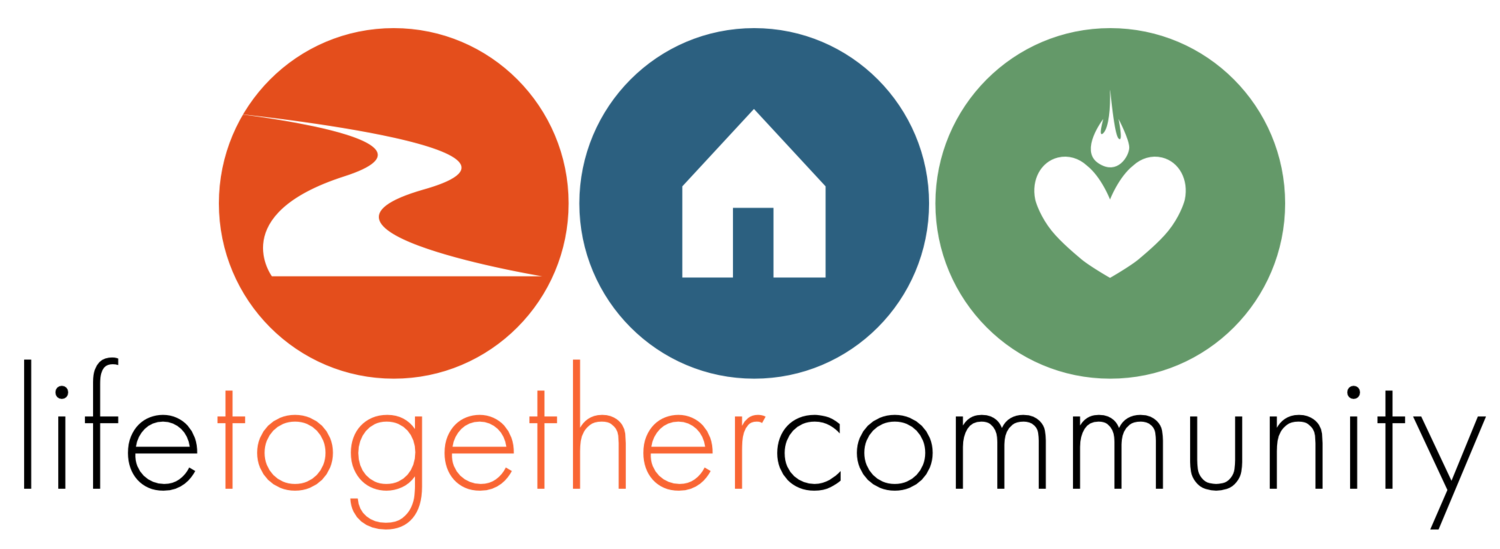Name and pronouns: Lydia Strand (she/they)
Cohort years: 2013-2015
Where are you living now? I’ve been in Boston since Life Together and live in Jamaica Plain with my partner, Cicia Lee (2014).
What are you doing now?
I’m working part time with Life Together as the Prayer and Wellness Partner – supporting the fellows and their community as they navigate their lives through the program year! I’ve enjoyed re-steeping in some of the core material and commitments of Life Together’s to a life of community, prayer, and action–and learning about how the program and fellows over the last several years have developed and evolved conversations about each of these pillars.
And, I’m also working with a project born out of the “Nuns & Nones” group that is building an interfaith and interspiritual community of people across the country committed to shared study, prayer, action, and celebration. It draws inspiration from relationships with communities of women religious–nuns in monasteries across the US. In some ways, there are similarities to the Life Together program in that it’s an attempt to build an alternative lifestyle in which spiritual practice, justice, and relationship is at the center.
How has Life Together impacted your life?
The greatest impact that Life Together has had on my life is through the relationships and friendships that have shaped the last decade of my life. I’ve been in community with people who have been so creative with seeking lives of spiritual community, of social change, and of self-knowing. From building various informal intentional communities, to pursuing contemplative retreats, and trying out learning the various crafts of community organizing and political action, the people I’ve met through Life Together have helped me keep open the call and dream of a life full of Spirit-led connectedness and transformation. I’ll soon age out of the identity of ‘young adult,’ but the experience that was seeded in Life Together of a life of prayer and action has been nourished and strengthened through these relationships. I’m not done with the experiment!
And, I hope it is a lifelong one. I was introduced to Bede Griffiths, a Benedictine monk and Christian meditation teacher, by Ethel Fraga, a mindfulness and contemplative practice teacher who taught with Life Together about a decade ago. He writes:
“It is a real challenge to find a new way to express our Christian life. It is so easy to get into rules and organization and so to narrow the freedom of the Spirit. The essential thing that Jesus left the church was the Spirit. It is by learning really to trust the Spirit, in our prayer and meditation, and to share this trust with one another that a new language will gradually form.” -- Bede Griffiths, from The New Creation in Christ: Christian Meditation and Community.
I hope to keep deepening in awareness of the always-evolving leading of the Spirit–in and through new and old experiments in living into the transformative and redemptive teachings of Jesus.


